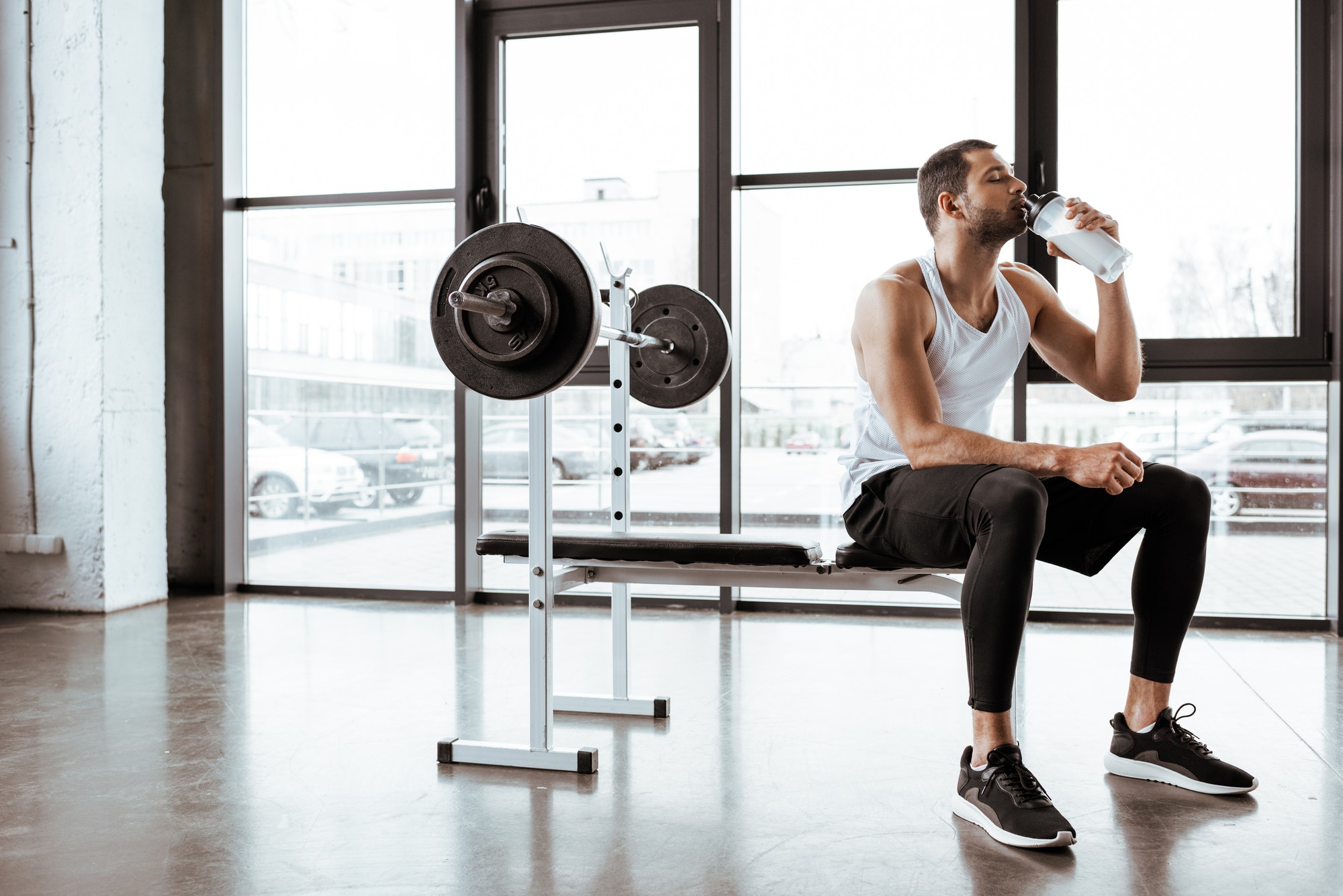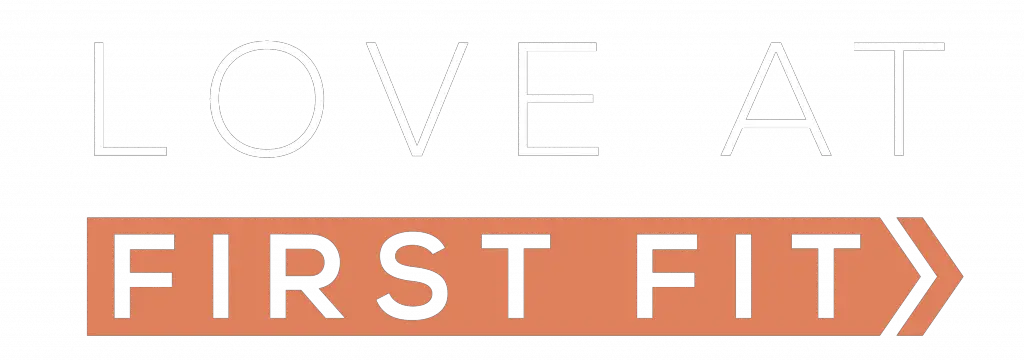One of the most important nutrients that people should eat is protein. This is a type of protein that’s made up of amino acids. It’s considered to be the building block of life.
Protein is a vital component of our bodies’ maintenance and repair. It also provides nutrients such as iron and calcium. Yet, despite its importance, there are still many myths about it.
Is Protein Necessary After Workout?
Yes, getting in a good amount of protein after a hard workout is very important to maintain muscle health and prevent damage. Your body begins rebuilding muscle and repairing glycogen stores after your workout. Getting the necessary protein after your workout can help speed up this process, and delaying protein intake can prevent muscle growth and recovery.
A study conducted by researchers revealed that increasing the amount of whey protein you consume immediately following a training session can increase muscle protein synthesis.
Why Is Protein Important After A Workout?
When you exercise, your body uses amino acids to create new muscle cells called myofibrils. These cells can then repair the microscopic tears in your muscles. Having the proper amount of protein helps keep these cells healthy and strong.
Getting the proper amount of protein is very important for a well-rounded body.
When it comes to keeping muscles strong and growing, protein is the main nutrient responsible for repairing the tears that develop in muscle tissues after a hard and intense exercise.
A proper amount of protein is very important for maintaining a healthy and balanced diet. In addition, it can help lower the risk of various health problems and improve performance.
It’s the protein that your body needs to repair and build tissues. Not getting enough of it can feel like you’re drunk after a session.
A low protein diet can also cause you to gain muscle, increasing your metabolic rate and limiting your ability to maintain weight. If you’re not getting enough protein, carbohydrates are the only macronutrient you have a surplus.
Overfeeding on protein can cause it to be converted into fat or used as energy.
This can lead to weight gain if you consume too many calories.
High protein consumption can also affect kidney function. People rarely experience severe protein toxicity. However, it can be caused by a fast or a large amount of protein.
Related: When Someone Works Out Regularly, How Important Is Nutrition?
What Happens If You Don’t Take Protein After Workout
Aside from muscle loss, a lack of protein can cause various health issues, such as joint pain and brittle nails.
You’re not getting the full benefits of exercise by not consuming enough protein, Vavrek says. This can lead to muscle loss and lower energy levels. Although protein is made up of all nine essential amino acids, it doesn’t always contain all of them. However, a high-quality protein has all of the necessary amino acids.
Most protein sources are animal products, such as eggs, meat, and dairy. However, plant-based proteins are often incomplete. This is why combining low-quality and higher-quality protein is important to make a complete meal.
If you’re eating a balanced diet, it’s important to include protein in every meal. However, if you’re not getting enough, Vavrek suggests having some carbs with your protein to help boost energy levels.
If you’re on a protein-rich diet, then it’s okay to skip protein after your exercise. Although it’s important to eat protein at the right amount, it’s also important to note that the quantity of protein that you take during the day is different from the amount that you eat.
Although skipping protein after a workout is okay, it’s still important to maintain a balanced protein-rich diet throughout the day. This will help you get the nutrients needed to maintain a healthy and strong body.
How Much Protein You Should Take After Workout
It’s no secret that protein is vital to muscle recovery and optimal performance. New research shows that the daily allowance of protein needs to be twice as much as previously thought.
For optimal muscle growth, the National Strength & Conditioning Association suggests that adults consume about 1.5 to 2 grams of protein per day for optimal muscle development.
A 2017 study revealed that drinking 22 grams of protein didn’t increase muscle mass. However, the participants still consumed about 1.3 grams of protein daily.
Do I Have to Take Protein After Workout?
Getting the nutrients that are necessary after a workout can help speed up the process of muscle recovery. One of the most important factors that people consider when it comes to building muscle is protein.
Although it’s recommended that athletes consume protein within an hour, it’s not necessary for most people. Instead, it’s better to spread your protein intake throughout the day.
Getting enough protein and carbohydrates after a long and intense exercise session is crucial to maintaining a healthy and balanced diet. It can help boost muscle protein synthesis and improve performance.

Austin is the author of loveatfirstfit.com and a personal trainer with extensive knowledge in nutrition. Austin is passionate about helping others to find a suitable healthy lifestyle and feel good about themselves. Austin’s goal is to help people push their limits and achieve their physical performance.

